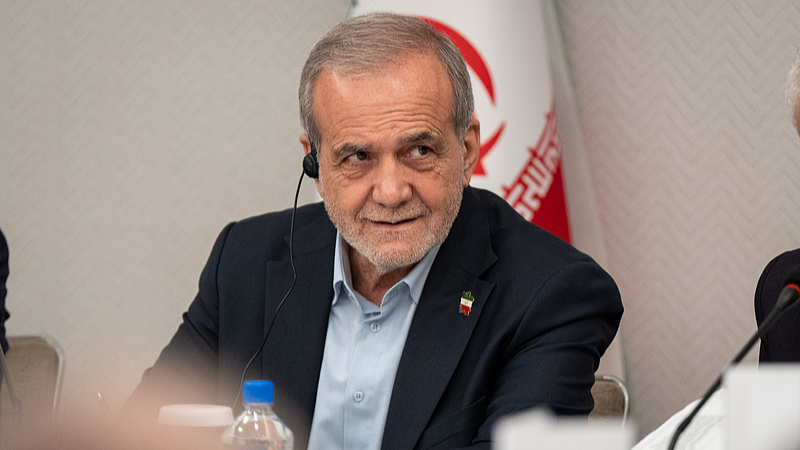On September 27 at 8 p.m. EDT, the United Nations Security Council reinstated a series of sanctions on Iran after Britain, France and Germany invoked a 'snapback' mechanism in response to alleged breaches of the 2015 nuclear deal. The move restores arms embargoes, curbs on uranium enrichment and ballistic missile activities, plus travel bans and asset freezes on dozens of individuals and entities.
The snapback was outlined in UNSC Resolution 2231, which endorsed the 2015 Joint Comprehensive Plan of Action (JCPOA). Under the reimposed measures, Iran faces a renewed ban on all uranium enrichment and reprocessing, along with strict limits on any materials or technology related to nuclear weapons development.
In a joint statement, the foreign ministers of Britain, France and Germany urged all states to 'abide fully by these resolutions' and emphasized that diplomacy remains open. The European Union's foreign policy chief confirmed the bloc will swiftly implement both UN and EU nuclear-related sanctions.
Israel welcomed the reinstatement as a 'major development' toward preventing a nuclear-armed Iran, while Iran denounced the action as 'illegal and unjustified,' warning of a harsh response. Tehran has recalled its ambassadors to Europe for consultations but says it remains committed to the Non-Proliferation Treaty.
Russia also criticized the snapback as unlawful, with its foreign minister warning the UN chief that acknowledging the return of sanctions would be a 'major mistake.' The debate reflects wider tensions over the future of the 2015 deal and the role of multilateral diplomacy.
For business and tech enthusiasts, the renewed sanctions could impact sectors such as energy, shipping and global supply chains, while thought leaders highlight the risk of escalating regional tensions. Travelers and digital nomads monitoring geopolitical hotspots will also feel the ripple effects as stability remains fragile.
As global leaders navigate these complex negotiations, many experts argue that meaningful dialogue, rather than punitive measures, offers the best path forward. The coming weeks will test whether multilateral diplomacy can steer the process away from confrontation.
Reference(s):
cgtn.com



